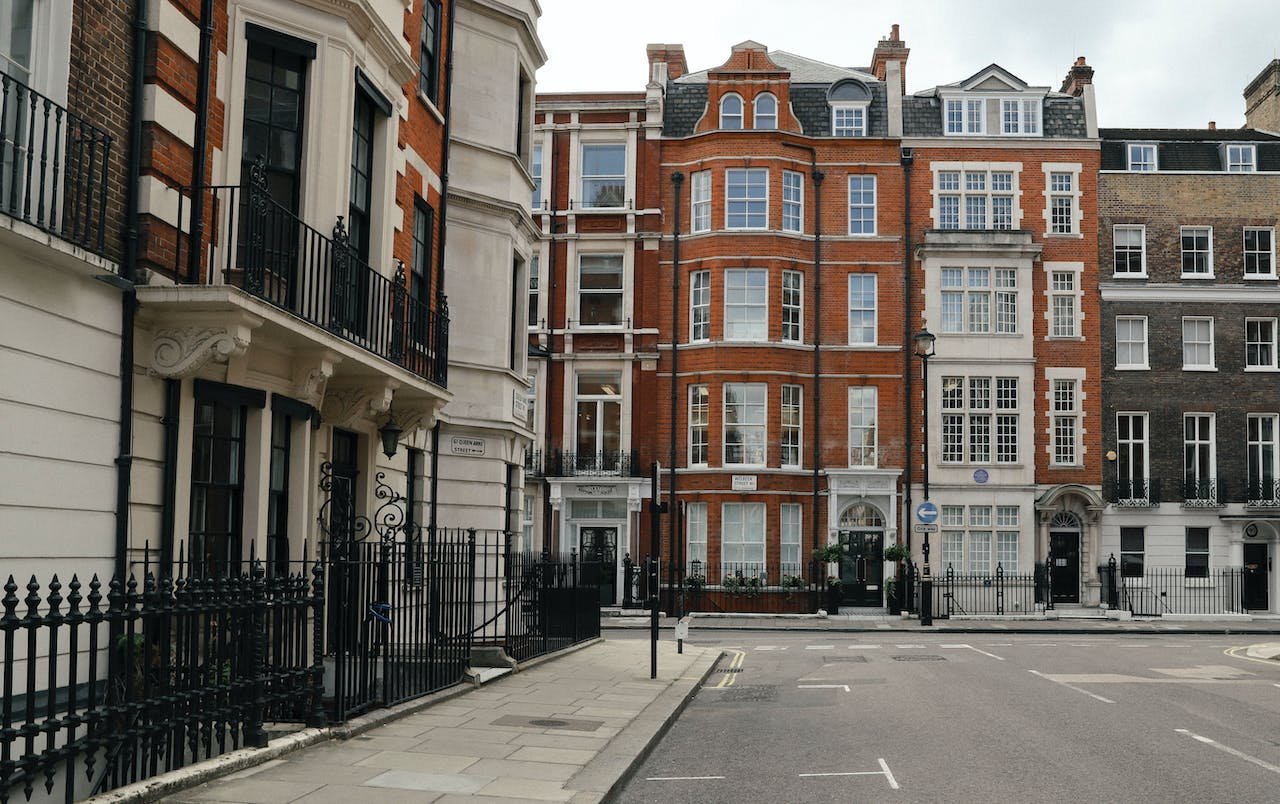Selling a home in London demands a comprehensive approach, blending careful planning and strategic thinking. The city’s real estate market is vibrant and diverse, posing unique challenges and opportunities for sellers. This guide is designed to navigate the intricacies of selling property in this bustling metropolis, offering practical advice to ensure a successful and stress-free sale.
Understanding the Market Dynamics
Grasping the pulse of London’s real estate market is the first critical step. This dynamic market is influenced by factors like economic conditions, buyer preferences, and local area developments. It’s essential to understand these factors to price your property competitively and anticipate the speed at which it might sell. Sellers should research recent sales in their area to gain insights into what buyers are willing to pay. Staying abreast of local market trends can also help in setting realistic expectations and tailoring your selling strategy accordingly.
Legal and Financial Preparation
Legal preparedness is crucial when selling your London home. Ensure that all necessary documents, such as proof of ownership, property deeds, and any relevant planning permissions or building regulation consents, are in order. Engaging a reputable solicitor early can simplify the legal intricacies, ensuring compliance and a smooth transaction process. A solicitor can assist with drafting the contract of sale, managing the exchange of contracts, and addressing any legal queries from potential buyers.
Financial readiness is equally important. Understanding the tax implications of your property sale is essential. Capital Gains Tax, for instance, may apply if the property is not your main home. Additionally, consider the financial aspects of your next move. Will the proceeds from the sale fund another property purchase, or will additional financing be required? Consulting with a financial advisor can provide clarity on these aspects, helping to manage your finances effectively during and after the sale.
Home Presentation and Staging
Creating a strong first impression is vital. Begin by decluttering your space, removing personal items, and giving the entire home a thorough clean. Consider hiring professional cleaners for a spotless finish. Minor repairs and renovations can significantly enhance the appeal of your home. Pay special attention to high-impact areas like the kitchen and bathroom. Simple updates like repainting walls, fixing leaky taps, or updating cabinet handles can make a substantial difference.
Staging your home is an art that involves strategically arranging furniture and decor to showcase your home’s best features. It’s about creating a welcoming atmosphere that allows potential buyers to envision themselves living in the space. Professional stagers can transform your home to appeal to a broad audience, potentially increasing the sale price. Even small touches like fresh flowers, neutral paint colours, and well-placed lighting can elevate the overall appeal of your home.
Effective Marketing Strategy
A robust marketing strategy is essential to attract potential buyers. High-quality, professional photographs are crucial as they often provide the first impression of your home. A comprehensive listing should include detailed descriptions of the property, highlighting unique features and benefits. Utilise various advertising channels such as online property portals, social media, and local estate agents to maximise exposure.
Beyond digital marketing, consider traditional methods like printed brochures or local newspaper listings. Hosting open house events can also be effective, offering a direct experience of the property to interested buyers. Your estate agent can advise on the best marketing mix, ensuring your property reaches the right audience. Remember, the goal is to create a compelling narrative around your home that resonates with potential buyers.
Setting the Right Price
Determining the right price for your London home is a balancing act. It involves understanding the market value of your property while considering current market trends. Overpricing can deter potential buyers, while under-pricing might lead to a quicker sale but at a lower profit. Conduct a comparative market analysis to gauge the value of similar properties in your area. This research will provide a realistic framework for setting your asking price.
Consider seeking a professional valuation from an experienced local estate agent. They can offer insights into how different features of your home might affect its value. Be open to adjusting your expectations based on professional advice and market feedback. Remember, the right price is not just about reaching a sale; it’s about achieving the best possible return on your investment.
Compliance with Regulations
Adhering to regulatory requirements is essential for a lawful and smooth sale. In London, properties must have an up-to-date Energy Performance Certificate (EPC), which rates the home’s energy efficiency. Ensure your EPC is current, as it’s a legal requirement when selling. Electrical safety is another critical aspect. The Electrical Installation Condition Report (EICR) certifies that the electrical systems in your home are safe and meet legal standards. Sellers can learn more about London EICR certificates here, understanding their importance in assuring potential buyers of the property’s safety and compliance.
Other regulations may include ensuring that any alterations or extensions to the property have the necessary planning permissions and building regulation approvals. Failing to comply with these regulations can result in legal complications and potentially derail the sale. Working closely with your solicitor can help ensure that all regulatory aspects are adequately addressed, paving the way for a hassle-free transaction.
Choosing the Right Estate Agent
Selecting a competent estate agent is pivotal. Look for an agent with a proven track record in your specific locality and an in-depth understanding of the London market. The right agent will offer valuable insights, assist in setting the right price, and provide access to a network of potential buyers. They should be skilled in marketing properties similar to yours and have a strategy tailored to your home’s unique features.
Interview multiple agents to gauge their experience, marketing approach, and negotiation skills. A good estate agent should be proactive, communicative, and committed to achieving the best outcome for you. They act as your representative, handling enquiries, conducting viewings, and negotiating offers on your behalf.
Negotiating Offers
Effective negotiation is key to maximising the return on your property. Be prepared to evaluate each offer carefully, taking into account not only the price but also the buyer’s circumstances, such as their chain status and financial position. A good estate agent can be invaluable during negotiations, providing expertise and objectivity. They can help you understand the strengths and weaknesses of each offer and advise on the appropriate counteroffer strategy.
Stay flexible yet firm during negotiations. Be open to reasonable requests but also clear about your boundaries and minimum acceptable offer. Remember, the highest offer is not always the best one. Factors like the buyer’s readiness to proceed and the absence of a lengthy chain can be more advantageous than a slightly higher offer.
Preparing for Viewings
Viewings are critical in the selling process, offering potential buyers a chance to connect with your property. Ensure your home is always ready for viewings – clean, tidy, and well-maintained. Consider strategic touches like pleasant aromas, soft background music, or well-placed lighting to create an inviting atmosphere.
During viewings, allow visitors to explore freely while being available to answer questions and provide information about the property and area. If you’re working with an estate agent, they can handle viewings, offering a professional and objective perspective to potential buyers. Remember, successful viewings are about creating a positive and memorable experience for potential buyers.
A Brief Summary
Selling a home in London involves various considerations, from understanding the market to effective presentation and legal compliance. By focusing on these key areas, sellers can enhance their prospects of a successful sale. Attention to detail, strategic planning, and professional guidance are crucial elements that contribute to a smooth and rewarding selling experience.
Photo by Yelena Odintsova: https://www.pexels.com/photo/brown-and-white-concrete-building-4655752/










